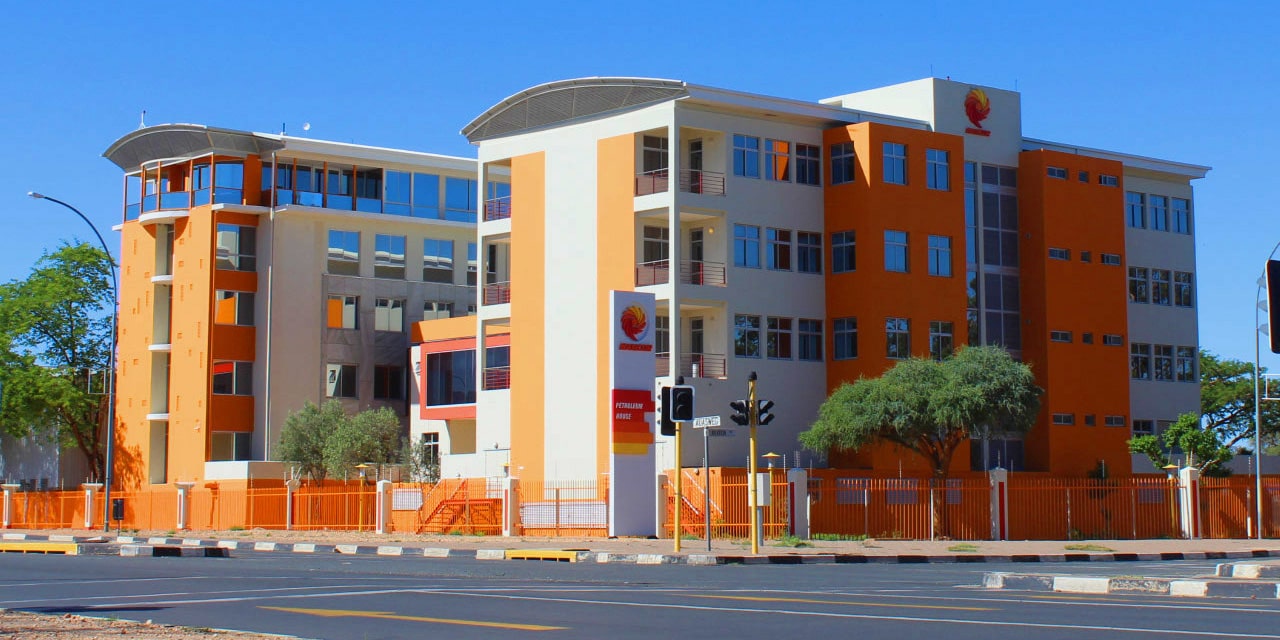Martin Endjala
According to the Business Intellectual Property Authority’s records, non-compliant businesses have collectively accumulated a total of an estimated N$275 million in penalties for the period from 2012 to 2022.
This is the sum that could potentially be waived if all non-compliant registered businesses opt to participate in BIPA’s annual duty penalty programme launched recently. The programme is set to come into effect from 15 November 2023 until 31 March 2024.
BIPA Chief Executive Officer Vivienne Katjiuongua, made the announcement yesterday, saying the initiative aims to alleviate the financial burden on business entities by waiving penalties and additional fees accrued due to non-payment of annual duties for the period of 2012 to 2022.
However, for the businesses to be eligible, they are required to fulfil specific conditions, including applying for the programme and settling their outstanding capital amounts for each year of non-compliance.
“Through the penalty waiver programme, BIPA’s primary objective is to ensure that businesses are able to restore their dream of building competitive Namibian businesses and in doing so, inspire a culture of innovation, economic resilience and compliance,” she said.
Katjiuongua reiterated that registered business entities are obliged to submit an annual return and pay associated duties to the Registrar of Business and Intellectual Property.
Stating that BIPA recognised that some business owners may not have been aware of the post-registration obligations and as such, these businesses continued to incur penalties for non-compliance, hence the introduction of the waiver programme.
She explained that the waiver program was approved by BIPA’s Board of Directors and has been endorsed by Cabinet, with its primary objective of providing relief to business entities which is aligned with the government’s commitment to stimulate the local economy.
Furthermore, the CEO stated that participating businesses would now be able to amend their businesses, something not previously allowed when they owed outstanding duties and penalties.
Additionally, she explained that businesses will receive a BIPA good standing certificate upon application and payment processing. This certificate will enable businesses to submit their good standing status along with other mandatory documents when participating in public procurement bids.
Katjiuongua emphasised that another advantage for participating businesses is the ability to attract both domestic and foreign investors, while noting that investors often conduct due diligence on Namibian businesses, including an assessment of their level of compliance with their post-registration obligations.
To this end, she is optimistic that the waiver programme will have a profoundly positive impact on the Namibian business sector, as it presents businesses with a unique opportunity to reset and ensure future compliance.




